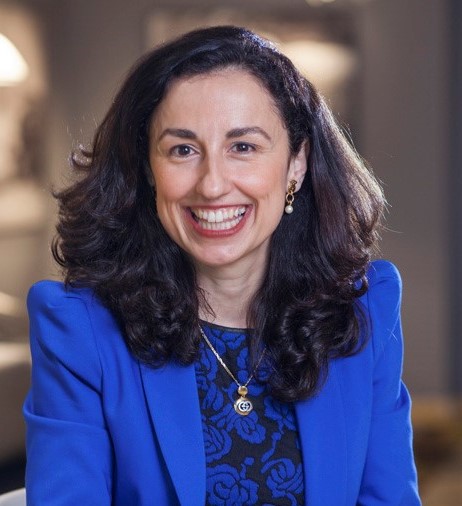CIDETEC Surface Engineering drives innovation in durable and efficient PGM-free electrocatalysts, enhancing seawater electrolysis.
SWEETHY (direct Seawater Electrolysis Technology for distributed Hydrogen production) is a 4-year project, co-funded by the European Union, that aims at the development of an innovative electrolysis stack, capable of producing 20 g h-1 of hydrogen directly from seawater.
The project addresses the challenge of processing impure water by leveraging the innovative AEMWE (anion exchange membrane water electrolyser) technology and by developing new, more durable and cost-effective materials, capable of withstanding highly corrosive saline conditions. The developed electrolyser stack will ultimately secure > 2000 h of operation under a 1%/100 h degradation rate.
The overall sustainability and circularity of the electrolyser platform are ensured by the identification of symbiotic solutions in collaboration with external industrial partners for the efficient re-use of the electrolyser by-products (brine and other seawater salts, as well as heat).
Ultimately, the work of SWEETHY will enable the deployment of remote and distributed hydrogen production through the use of seawater and decentralized renewable energy sources.
Within the SWEETHY project, CIDETEC Surface Engineering will contribute its extensive expertise in the development of novel PGM-free electrocatalysts for hydrogen and oxygen evolution reactions. Its knowledge will be essential in selecting the most suitable materials for the membrane electrode assembly (MEA) and validating system performance through single cell testing.
Additionally, CIDETEC Surface Engineering will play a key role in local electrochemical analysis, assessing the behavior of anti-corrosion coatings and their impact on the durability of the electrolyser under highly saline conditions. Its participation will drive significant advancements in the efficiency and sustainability of AEMWE technology, reinforcing the development of innovative solutions for hydrogen production from seawater.
This ambitious project brings together 9 organizations (2 research centres, 4 research and technology centres and 3 small-medium enterprises) across 7 European countries (Sweden, Italy, Spain, Germany, France, Norway and the Netherlands).
The project is supported by the Clean Hydrogen Partnership and its members (under Grant Agreement No 101192342).








